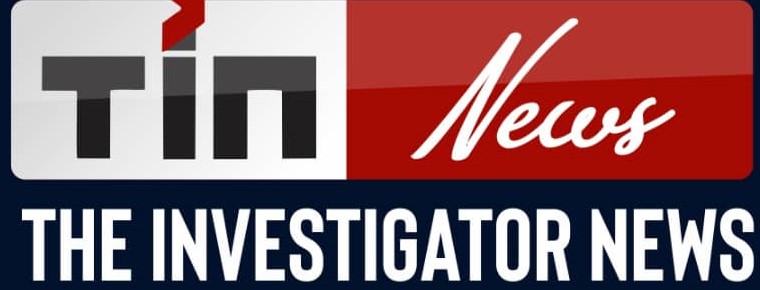FG, lawyers meet over PIA implementation
On Wednesday, the Federal Government met with the Mid and Downstream Operators’ General Counsel and Legal Advisers’ Forum to discuss the smooth implementation of the Petroleum Industry Act 2021’s other provisions, including the elimination of fuel subsidies.
In Abuja, representatives of the Nigerian Midstream and Downstream Petroleum Regulatory Authority met with legal advisors for the oil and gas sector. There, they talked about the steps necessary for the PIA’s smooth implementation in a deregulated market, among other things.
“The purpose of this engagement is to discuss the current legal framework for Nigeria’s oil and gas industry as intended by PIA 2021, and to provide clarification and insights to the legal provisions that have been subject to differing/diverse interpretations.
For instance, Sections 7ee and 8d discuss value chain propositions in a deregulated market and suggest a course of action for the smooth operationalization of the PIA’s goals.
“We are aware that stakeholders and potential investors need regulatory clarity to inform investment choices and direct operations to ensure adherence to legal requirements and prevent reputational harm,” said Farouk Ahmed, chief executive of NMDPRA.

According to him, regulatory clarity was also advantageous to regulators because it would enable both organisations to concentrate on their mandates in the way that the law intended, benefiting Nigeria’s economy and its citizens.
Ahmed continued by saying that the PIA was created with the intention of restructuring the industry by drawing a line between the upstream, midstream, and downstream value chains to promote efficiency and growth.
“It also created two regulatory bodies from the former regulators, each with clear, distinct functions and mandates, to fully achieve this key objective. According to Section 318 of the PIA, the NUPRC (Nigeria Upstream Petroleum Regulatory Commission) is required to completely regulate all upstream operations.
Its duties include measuring produced crude oil and natural gas for the purpose of determining royalties and ensuring an arm’s-length transfer to midstream operations at measurement points, while the NMDPRA is tasked with overseeing the
“Midstream and downstream operations, whether or not associated with a lease,” said Ahmed, who was represented by Ogbogu Ukoha, Executive Director of NMDPRA.
Nevertheless, he made clear that he was aware of the significant policy change that the PIA’s implementation had forced and that could have had a negative impact on business models.
You will concur with me that in order to achieve the goals of the PIA, we need the full commitment of all stakeholders, even though I dare say it might take some time to completely adjust and change our mode of operation.
The NMDPRA boss said that in order to hasten the implementation of the PIA, all parties involved must follow the law’s requirements. In cases where there are questions or gaps in the law, engagements like this one should be encouraged in order to clarify the situation and foster deeper cooperation.
Joseph Tolurunse, the agency’s secretary and legal adviser, had earlier declared that the NMDPRA would publish four additional regulations on its website and in the form of a gazette.
“We have about 20 regulations that are finalised, but four are about to be gazetted right now,” he said. “Right now, 12 regulations have been gazetted, and eight more are about to be.”
Tolorunse gave further explanations for why the forum was held, stating that it was intended “to discuss issues pertaining to deepening industry legal practitioners’ understanding of the authority’s powers, functions, and regulations.
“Make clear any perceived regulatory overlaps between the authority and commission; promote the investment and business opportunities resulting from the licences, permits, and authorizations granted by the authority.
And address any legal issues brought on by the application of the PIA and the authority’s rules.
Read Also: IoD plans 15-storey building office
According to him, the authority’s goals in setting up the forum were to improve compliance, allow for more in-depth discussions with legal professionals in the oil industry about their areas of concern, and give the appropriate direction to their respective managements regarding the distinction between upstream, midstream, and downstream petroleum operators.



